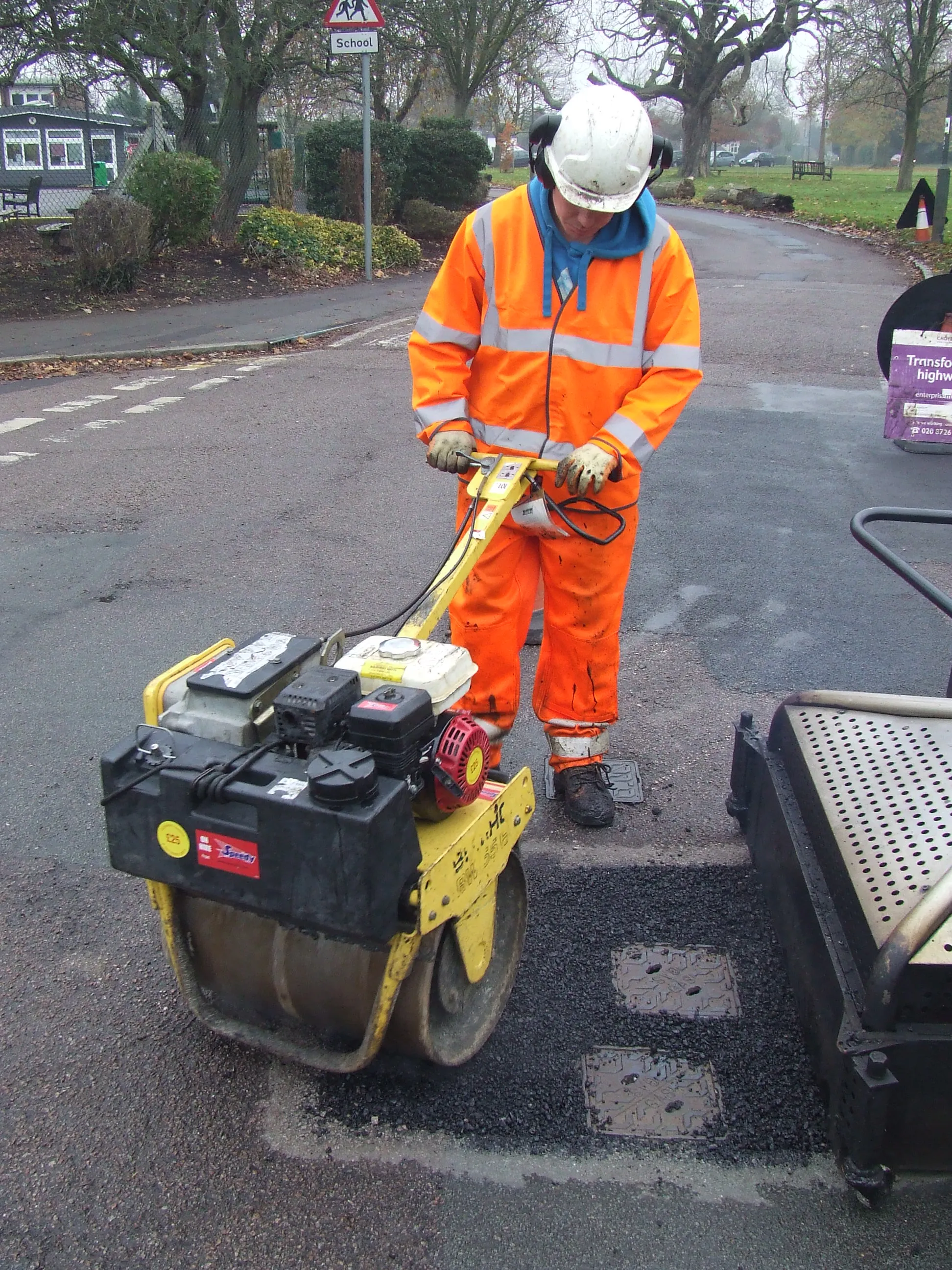Each French car using household loses €623 a year due to being stuck in traffic jams, according to a study by the Centre for Economics and Business Research (CEBR). The annual cost of traffic jams in France is said to be €5.55 billion (US$ 7.22 billion). Direct car using household costs linked to traffic jams, such as fuel and lost work hours, are estimated at €3.88 billion a year in France, as opposed to €3.62 billion in the UK, and €5.64 billion in Germany. In Paris, where 40% of all traffic jams in the c
December 14, 2012
Read time: 1 min
Each French car using household loses €623 a year due to being stuck in traffic jams, according to a study by the Centre for Economics and Business Research (CEBR).
The annual cost of traffic jams in France is said to be €5.55 billion (US$ 7.22 billion). Direct car using household costs linked to traffic jams, such as fuel and lost work hours, are estimated at €3.88 billion a year in France, as opposed to €3.62 billion in the UK, and €5.64 billion in Germany.
In Paris, where 40% of all traffic jams in the country occur, drivers spend an average of 57.8 hours stuck in traffic per year, as opposed to 45 hours in Lyon, 36.7 hours in Strasbourg and 21.8 hours in Clermont-Ferrand, says the CEBR. The average cost of a traffic jam in Paris is estimated at €11.70 per hour, above the national average of €9.50.
The annual cost of traffic jams in France is said to be €5.55 billion (US$ 7.22 billion). Direct car using household costs linked to traffic jams, such as fuel and lost work hours, are estimated at €3.88 billion a year in France, as opposed to €3.62 billion in the UK, and €5.64 billion in Germany.
In Paris, where 40% of all traffic jams in the country occur, drivers spend an average of 57.8 hours stuck in traffic per year, as opposed to 45 hours in Lyon, 36.7 hours in Strasbourg and 21.8 hours in Clermont-Ferrand, says the CEBR. The average cost of a traffic jam in Paris is estimated at €11.70 per hour, above the national average of €9.50.






